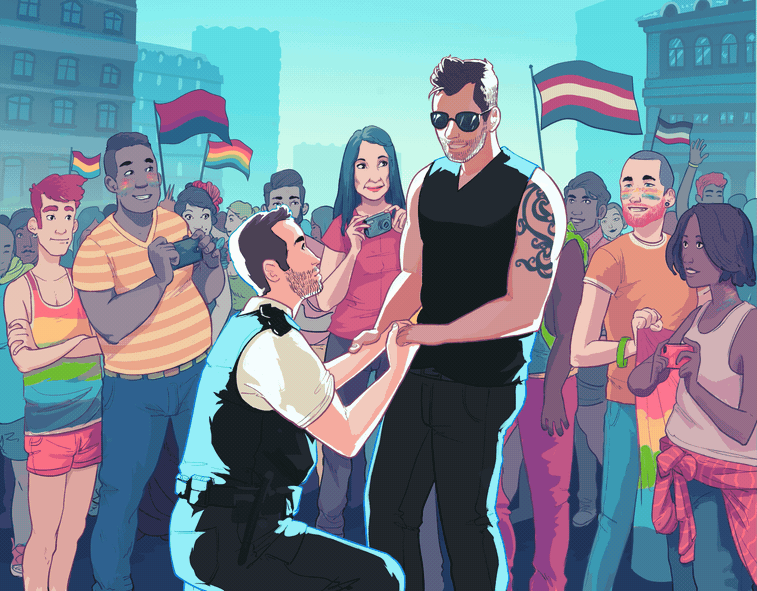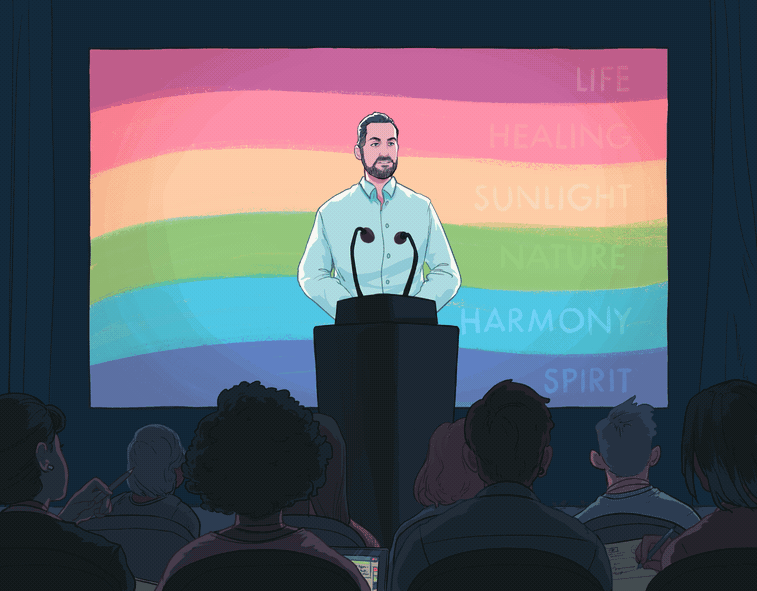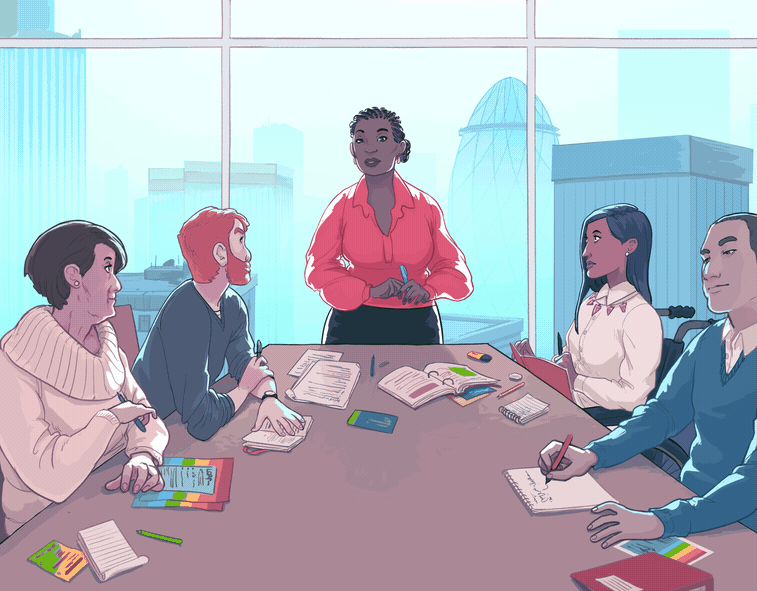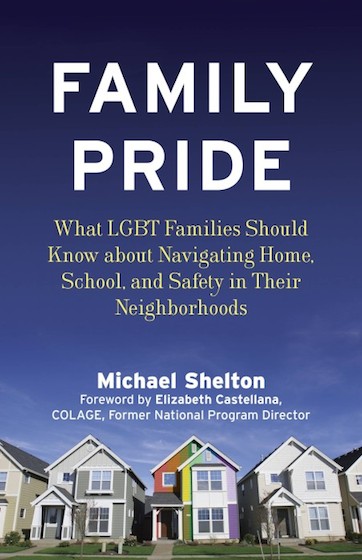Lesbian, Gay, Bisexual and Trans (LGBT) people in employment today have more acceptance and more equality than ever before. But have we reached a point were a persons sexuality isn’t important? Were their ability to do the job is paramount?
In this blog post I will discuss an article entitled Why it’s still not ‘Mission Accomplished’ for LGBT workers by Matthew Todd for Totaljobs. First the positives:

LGBT people have more acceptance and equality today, than ever before.
Image from & copyright Total Jobs @ GIPHY.
LGBT people in employment today have more acceptance and more equality than ever before. This has been helped by the wider society acceptance. It has also been helped by employers working with organisations such as Stonewall to learn and understand LGBT employees and to have more inclusive working practices.

Employers are working with organisations like Stonewall to understand LGBT people and have better working practices to include LGBT employees.
Image from & copyright Total Jobs @ GIPHY.
But for good and smart employers it’s about more than just acceptance and inclusion. It’s about valuing employees as individuals and celebrating the diversity of their workforce. This in turn increases productivity and leads to better outcomes (including bigger profit margins for private sector organisations) according to research studies quoted in this BBC article: Why it’s important to be yourself at work and this Infographic.
So acceptance, inclusion, valuing employees as individuals and celebrating diversity of LGBT employees is a win-win situation. Employees are happier and feel more secure. Employers get increased productivity and better outcomes.

Acceptance, inclusion, valuing employees as individuals and celebrating diversity of LGBT employees is a win-win situation.
Image from & copyright Total Jobs @ GIPHY.
But according to Todd it’s not all positive. He cites surveys that report that some LGBT people still experience bullying and/or harassment at work and that some LGBT people feel that some workplaces have been/are unwelcoming.
I can only speak of my own experiences. My experiences of being an LGBT person in employment has been very positive for the fast majority of the time.
But I have experienced bullying and harassment because of my sexuality and/or gender (as a Nurse who happens to be male). Three or four times in my career, which for me is three or four times too many. Each time by an individual employee and each time I felt unable to challenge their attitude or behaviour because of the situation I was in.
Still I have observed a massive change in attitudes and cultures both in the workplace and outside of it during my career. I think that if someone attempted to bully or harass me in the workplace today, that one of my colleagues would challenge it before I had chance to.
What do you think of Lesbian, Gay, Bisexual and Trans (LGBT) people in employment today? Please leave a comment below.
Blog soon,
Antony





A great introductory article on candle magic :)
Hi Sofia, Thanks for the comment. I bought that in Glastonbury and he was a real find. I bought him…
Hi! I know this was posted ages ago and so a response may be rare but my dad has been…
Hi Ruth, Thanks for the comment. He might well have been. A x
Hi! Watching video and interviews with Charlie Watt, it had me wondering if he might have had Aspergers/ been on…